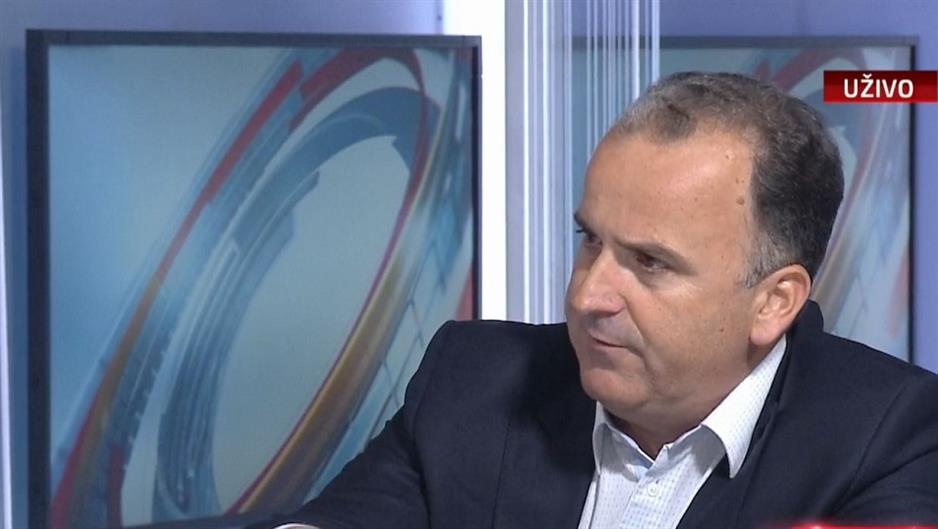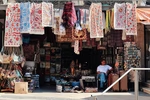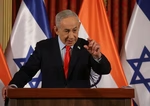Djonlagic: We are close to solving Election Law issue

Dzenan Djonlagic, the Democratic Front’s MP told N1 that solution to the Election Law negotiations is much closer now that the Law on Constituencies and the Number of Mandates in the Federation of Bosnia and Herzegovina (FBiH) entity Parliament has been adopted in the FBiH House of Representatives.
Oglas
“We’re a lot closer to the solution. The situation was complicated for a whole year when political parties failed to find a solution to changes to Bosnia’s Election Law. The Venice Commission came and their experts said the solution can be made on the entity level,” Djonlagic said. “These are not amendments to the Election Law. This is a law which the FBiH Parliament never had. This is the first time it is ever adopted.”
On the other hand, FBiH President Marinko Cavara told N1 the law proposal contained elements of denial of the Constitutional Court’s decision and Bosnia’s state institutions. He was convinced the House of Peoples will not adopt this text of the law.
Djonlagic said this legal solution only requires a majority vote to be adopted in the House of Peoples. The parties that proposed the solution called on the Croat Democratic Party (HDZ BiH) to take part in the negotiations but they refused to take part every time.
Oglas
Four parties – the Party of Democratic Action (SDA), the Alliance for Better Future (SBB), the Social Democratic Party (SDP) and the Democratic Front (DF), with support of the Our Party, agreed earlier on a law proposal that defines the geographical constituencies and the number of mandates in the Parliament of the FBiH, Bosnia's entity shared by Bosniaks and Croats, hoping they would solve current political crisis that hinders progress of the country.
Asked what would happen if the FBiH President refused to sign the law, Djonlagic said he has to because he would be committing a criminal offence.
Bosnia's state-level Election Law has been a burning issue since two years ago when the Constitutional Court ruled that some of its provisions were violating the state Constitution. One of the disputable provisions dictated that the Federation's cantons delegate at least one representative from each of the country's three main ethnic groups to the Federation's House of Peoples.
Kakvo je tvoje mišljenje o ovome?
Učestvuj u diskusiji ili pročitaj komentare
Oglas
Kakvo je tvoje mišljenje o ovome?
Učestvuj u diskusiji ili pročitaj komentare
Oglas
NAJČITANIJE
Oglas
Oglas
Najnovije
Oglas
Oglas





 Srbija
Srbija
 Hrvatska
Hrvatska
 Slovenija
Slovenija



























































